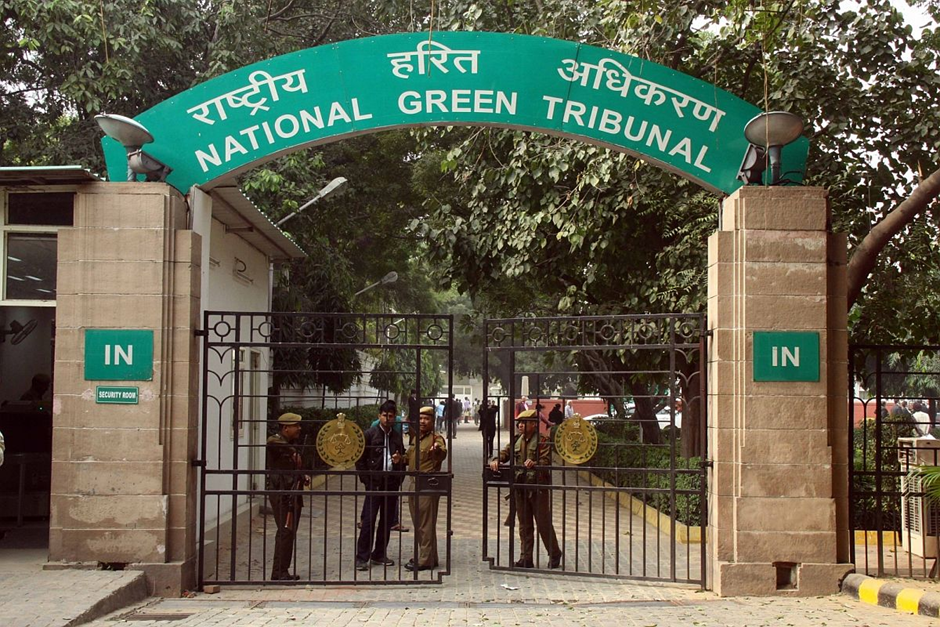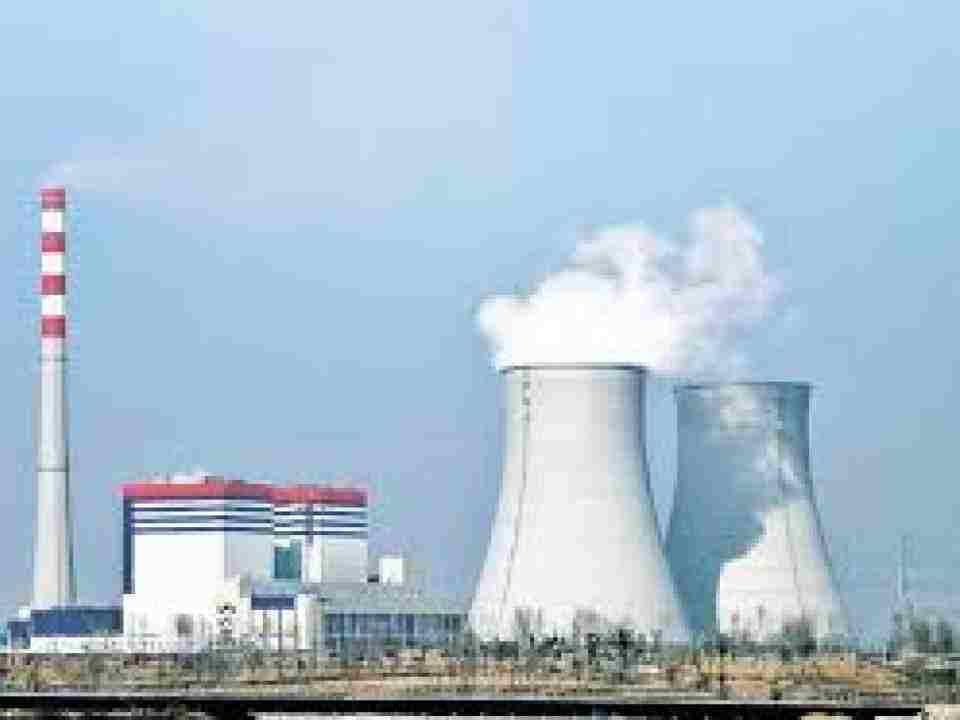- Courses
- GS Full Course 1 Year
- GS Full Course 2 Year
- GS Full Course 3 Year
- GS Full Course Till Selection
- MEP (Mains Enrichment Programme) Data, Facts
- Essay Target – 150+ Marks
- Online Program
- GS Recorded Course
- NCERT- First Ladder
- Polity
- Geography
- Economy
- Ancient, Medieval and Art & Culture AMAC
- Modern India, Post Independence & World History
- Environment
- Governance
- Science & Technology
- International Relations and Internal Security
- Disaster Management
- Ethics
- Current Affairs
- Indian Society and Social Issue
- CSAT
- 5 LAYERED ARJUNA Mentorship
- Public Administration Optional
- ABOUT US
- OUR TOPPERS
- TEST SERIES
- FREE STUDY MATERIAL
- VIDEOS
- CONTACT US
NGT Imposed Penalty on State Govt of Punjab
NGT Imposed Penalty on State Govt of Punjab
01-09-2024

The National Green Tribunal (NGT) has imposed a penalty of Rs 1,000 crore on the Punjab government due to its persistent failure to manage solid and liquid waste, despite multiple warnings. The penalty is required to be deposited with the Central Pollution Control Board (CPCB) within one month.
Reasons for NGT Penalty
-
Failure to Manage Waste
- Penalty Basis: The fine was imposed for inadequate management of solid and liquid waste, including 5.387 million tonnes of legacy waste and untreated sewage.
- Regulations Violated: Non-compliance with Solid Waste Management Rules, 2016, and Section 15 of the Environment (Protection) Act, 1986.
-
Repeated Non-Compliance
- Previous Orders: The Punjab government had failed to adhere to previous NGT orders from 2022, which included creating a ring-fenced account for Rs 2,080 crore under Section 26 of the NGT Act, 2010.
- Show Cause Notices: Issued to the Chief Secretary and Additional Chief Secretary (Urban Development) of Punjab for explanations.
Solid Waste Management Rules, 2016
- Overview: These rules replaced the Municipal Solid Wastes (Management and Handling) Rules, 2000.
- Key Features:
- Waste Segregation: Waste generators are required to segregate waste into wet (biodegradable), dry (plastic, paper, metal), and domestic hazardous wastes.
- Responsibilities: Manufacturers must manage sanitary and packaging waste. Users must pay fees for waste collection and processing.
- Penalties: User fees and spot fines for littering and non-segregation.
What is the National Green Tribunal (NGT)?
-
About:
- Establishment: Created in 2010 under the National Green Tribunal Act, 2010.
- Focus: Environmental protection, conservation of forests, and natural resource preservation.
- Structure: Headed by a Chairperson appointed by the Central government in consultation with the Chief Justice of India (CJI), with 10-20 judicial and expert members.
-
Jurisdiction:
- Original and Appellate: Addresses cases related to environmental rights, compensation for damages, and enforcement of environmental laws.
- Laws: Includes the Water Act, Forest Act, Air Act, Environment Act, and more.
-
Powers:
- Orders: Can provide relief, compensation, and restitution for environmental damage.
- Penalties: Imprisonment up to three years, fines up to ten crore rupees, or both.
- Appeal: Orders can be appealed to the Supreme Court within ninety days.
Major Administrative Challenges in Solid Waste Management
-
Inadequate Implementation of Regulations:
- Infrastructure Issues: Outdated or insufficient garbage bins and failure to enforce waste segregation.
- Regulation Violation: Mixing of unprocessed waste in landfills, contrary to Solid Waste Management Rules, 2016.
-
Poor Interdepartmental Coordination:
- Coordination Problems: Inefficiencies due to lack of coordination among departments like urban development, environment, and public health.
-
Resource Allocation and Infrastructure Deficiencies:
- Financial Constraints: Insufficient funds for waste management infrastructure, including processing facilities and waste-to-energy plants.
-
Challenges with Waste Disposal Sites:
- Land Scarcity: Limited space for waste processing, leading to untreated waste and illegal dumping practices.
Way Forward
-
Enhanced Waste Processing:
- Future Planning: Municipalities should improve waste processing capabilities with a focus on composting and biogas for biodegradable waste.
- Decentralized Model: Implementing decentralized waste processing, especially in urban areas, by collaborating with neighboring states.
-
Integrated Waste Management:
- Comprehensive Approach: Combining decentralized processing with large-scale facilities to manage all waste streams effectively.
Conclusion
The penalty imposed by the NGT on Punjab highlights significant shortcomings in waste management practices within the state. Addressing these issues requires robust implementation of regulations, improved interdepartmental coordination, and enhanced infrastructure. Embracing a comprehensive and decentralized approach to waste management can address these challenges, contributing to a more sustainable and efficient waste management system in India.




